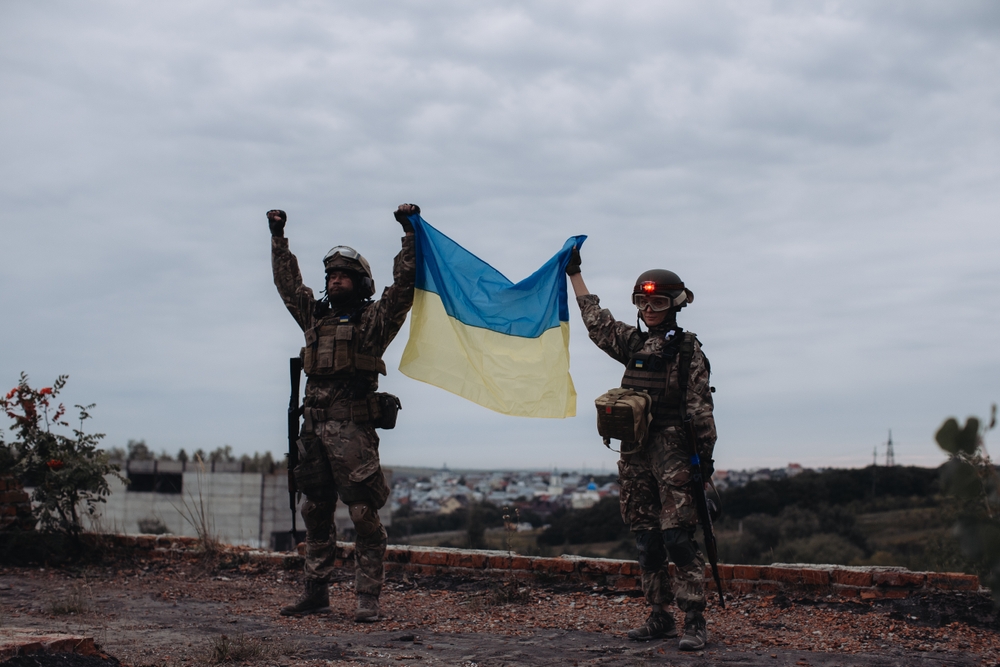
Ukraine’s Future: Like Korea or Yugoslavia?
Will the war turn into a stalemate or the crushing defeat of an imperial power?

Will the war turn into a stalemate or the crushing defeat of an imperial power?

Korea faces the same democratic deficits as other countries–polarized opinion, rising populism, pervasive fake news–just when it needs responsive democracy the most.

East Asia is invisible to the average American — for better and worse.
A conversation about U.S. policy in the Pacific and the social movements that are challenging militarism in the region, featuring Ko Youkyoung and Raymond Palatino.

You’re invited to a seminar on adopting a 100-year time-frame to address a range of innovative policies that could ensure a long-term and cooperative U.S. presence.
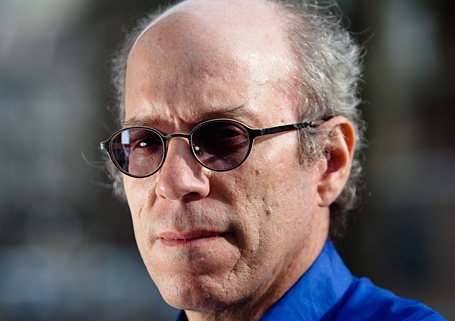
When it comes to foreign policy, significant transformation is as unlikely in Washington as it is in Pyongyang.
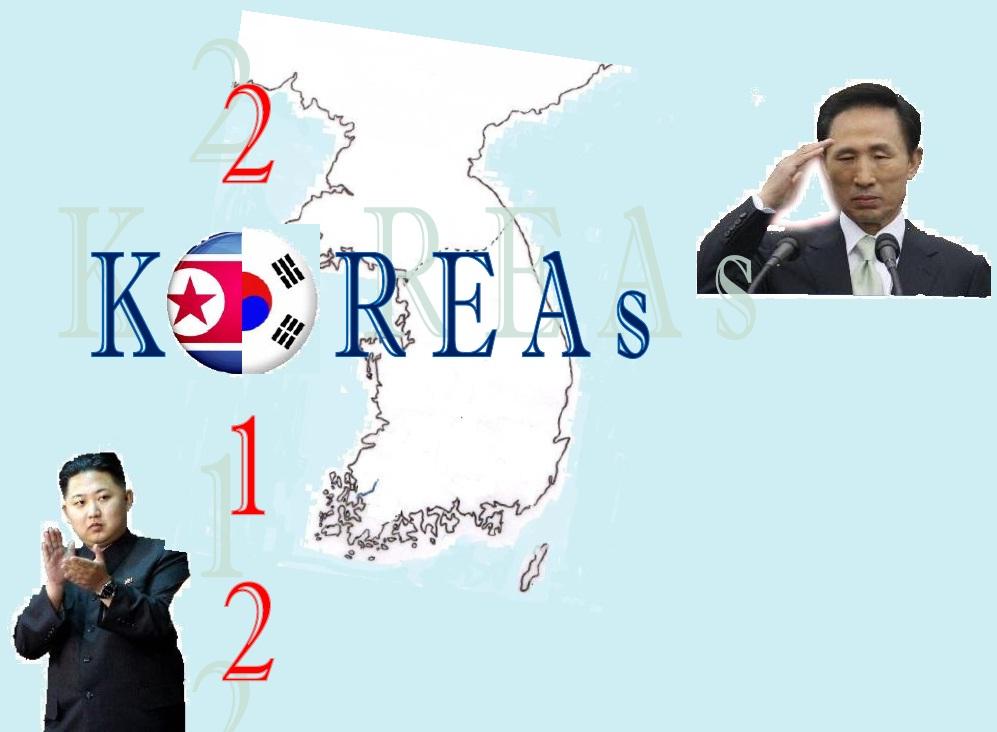
The aim of the event is to foster a discussion on the potential for significant change in North Korea, South Korea, and North-South relations over the course of the upcoming year. The event will feature three keynote speakers including Wookshik Cheong who is the director of Peace Network in Seoul, up and coming South Korean activist Youn-Ae Park who has worked to halt the construction of the naval base on Jeju Island, and FPIF’s very own John Feffer who has worked extensively on issues pertaining to the Korean Peninsula.
On July 27, 2011 scholars from the Institute for Policy Studies, South Korea, and the Washington Peace Center will hold a special discussion on the status of the Korean War Armistice and why a peace treaty to end the Korean War matters today in the context of the current military issues facing East Asia and the overall need for peacebuilding in this region.
The film by Institute for Policy Studies Senior Fellow Saul Landau, “Will the Real Terrorist Please Stand Up,” featuring Landau, Danny Glover and Fidel Castro (at age 84), shows how the U.S.-backed violence against Cuba has continued for decades and our government’s unusual obsession with Fidel Castro has led to the unjust conviction of the Cuban 5.
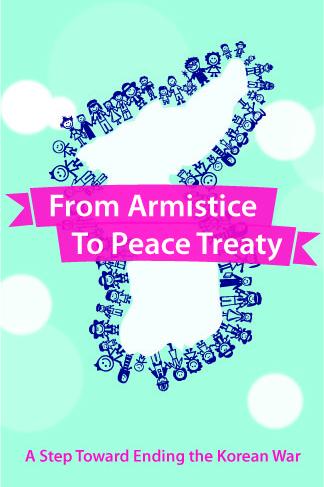
On July 27, 1953, the U.S. signed an Armistice agreement with China and North Korea to temporarily halt the fighting that claimed 4 million lives and divided 10 million families pending a formulation of a peace treaty. Despite the desire of people in North and South Korea for peace and reconciliation, no peace treaty has been signed, though China has normalized relations with the U.S. and South Korea.
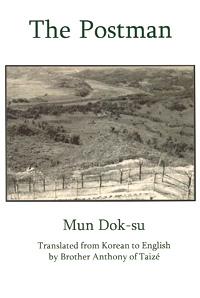
In Mun Dok-su’s epic poem, a postman travels through the history of war to deliver an important message to humanity.
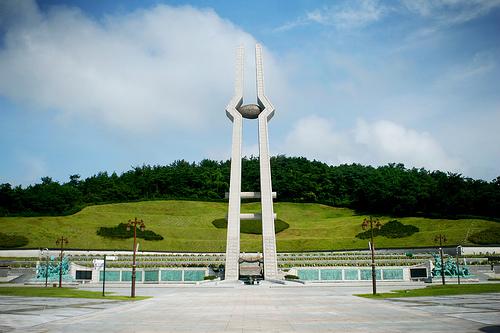
New U.S. documents reveal Washington’s complicity with dictators around the Kwangju uprising of 1980 in South Korea.
Coming up with the proper response to North Korea’s recent actions requires a careful assessment of Pyongyang motivations and regional geopolitics.
The U.S. rationale for skipping the cluster bomb negotiations is truly off the wall.
New leaders in Australia and South Korea could mean a shift in geopolitical weight in Asia.